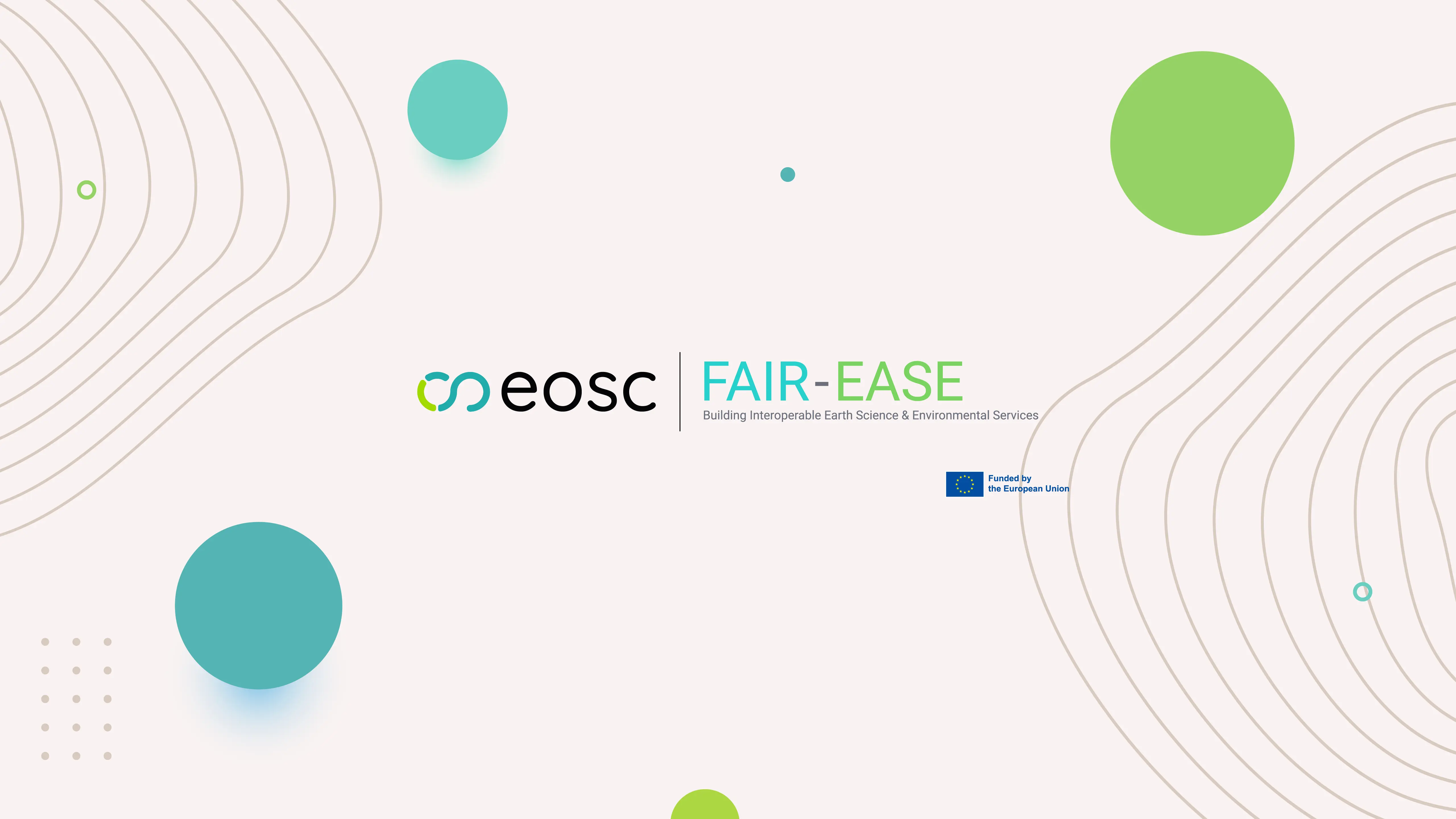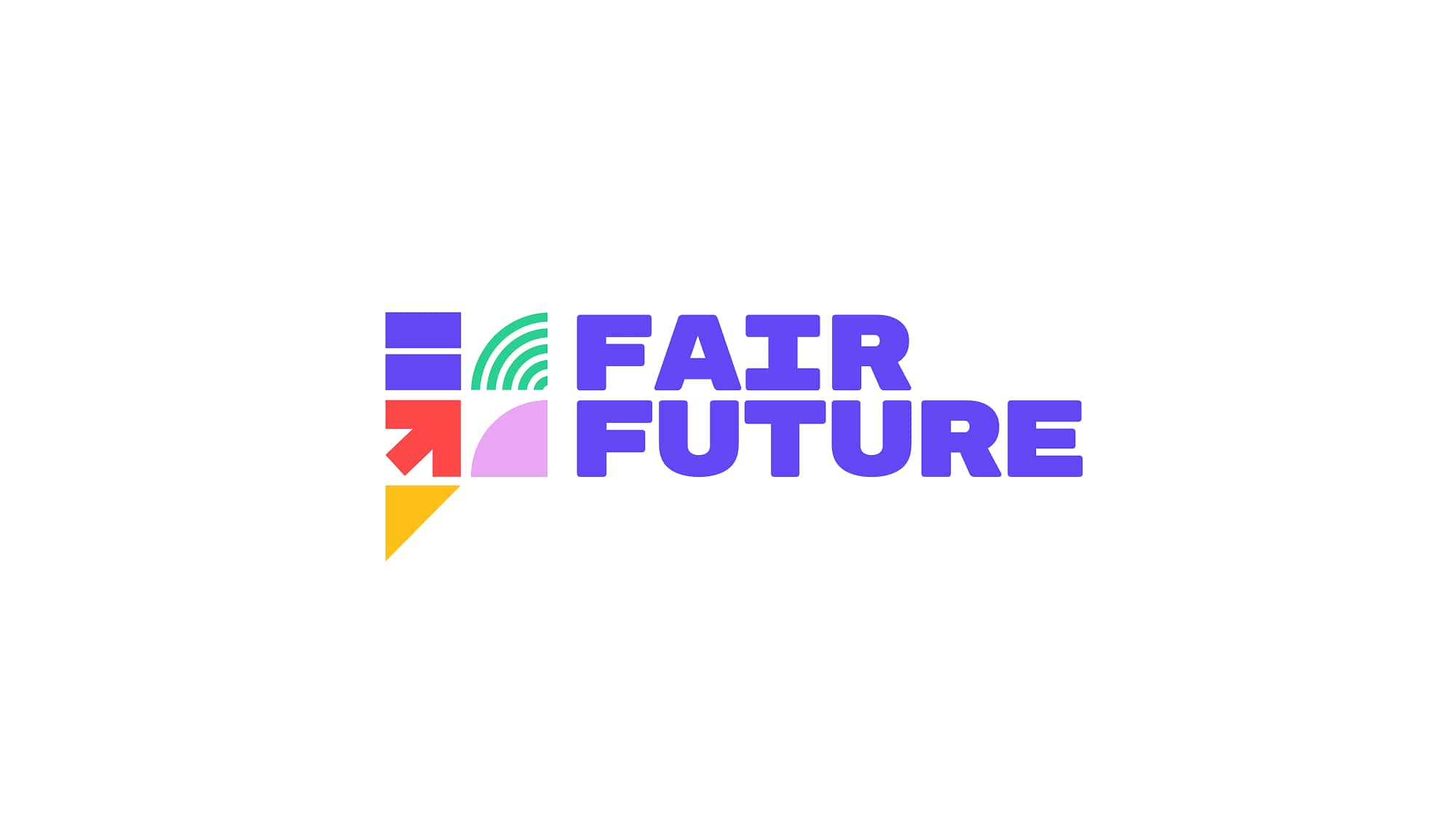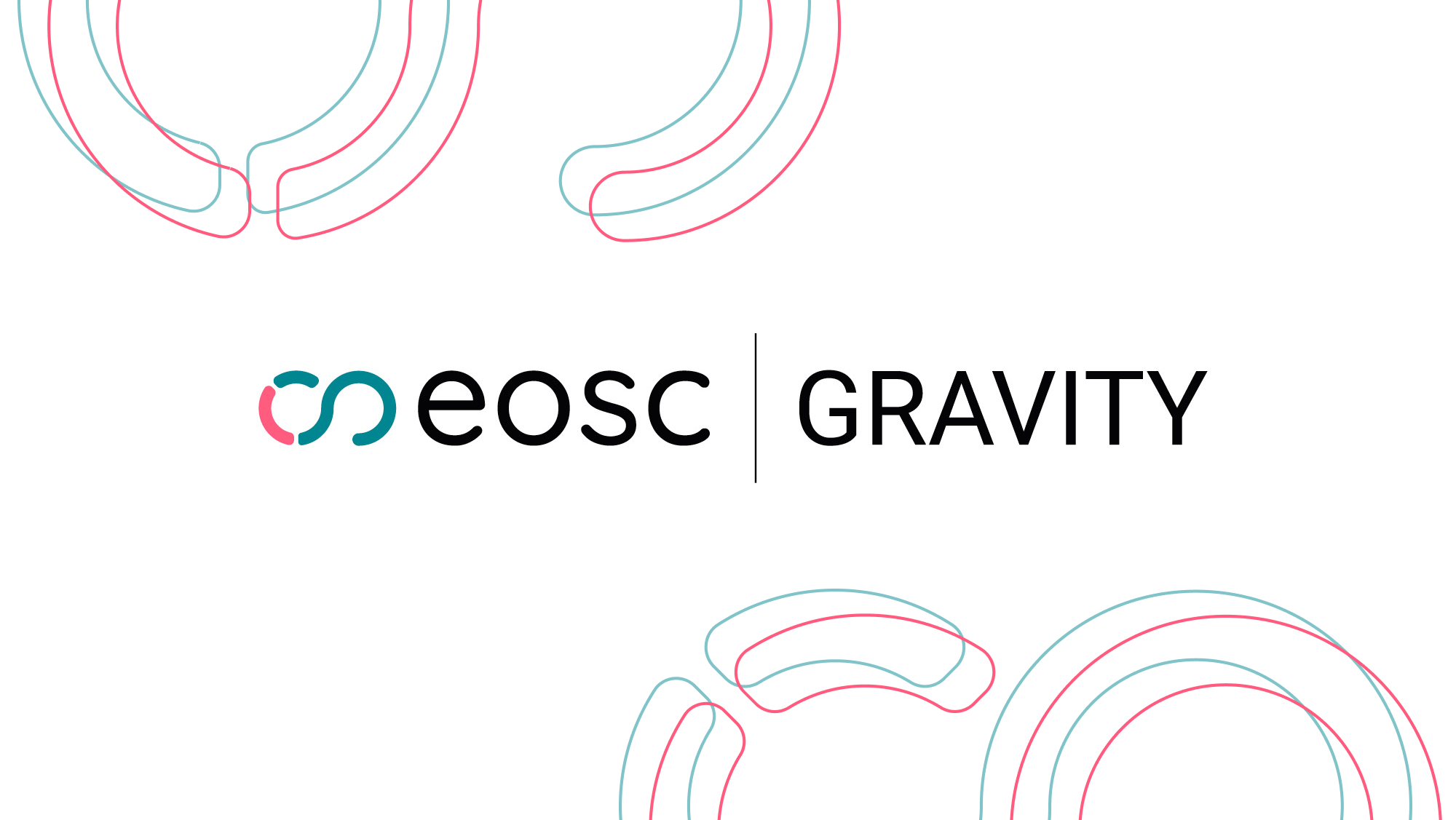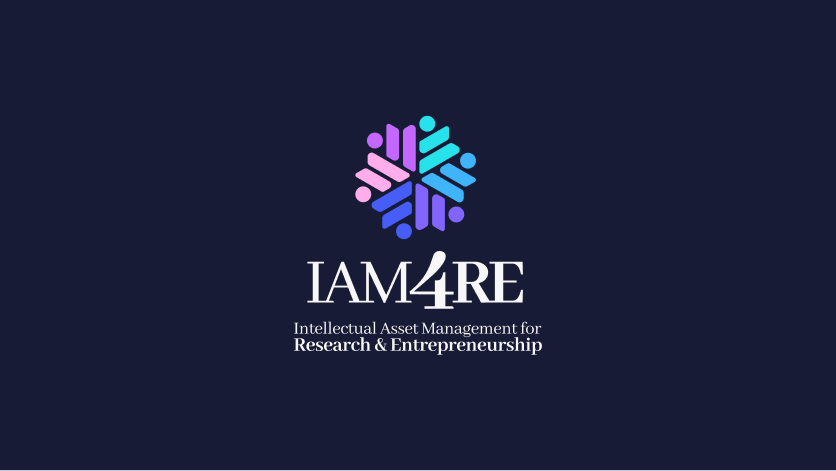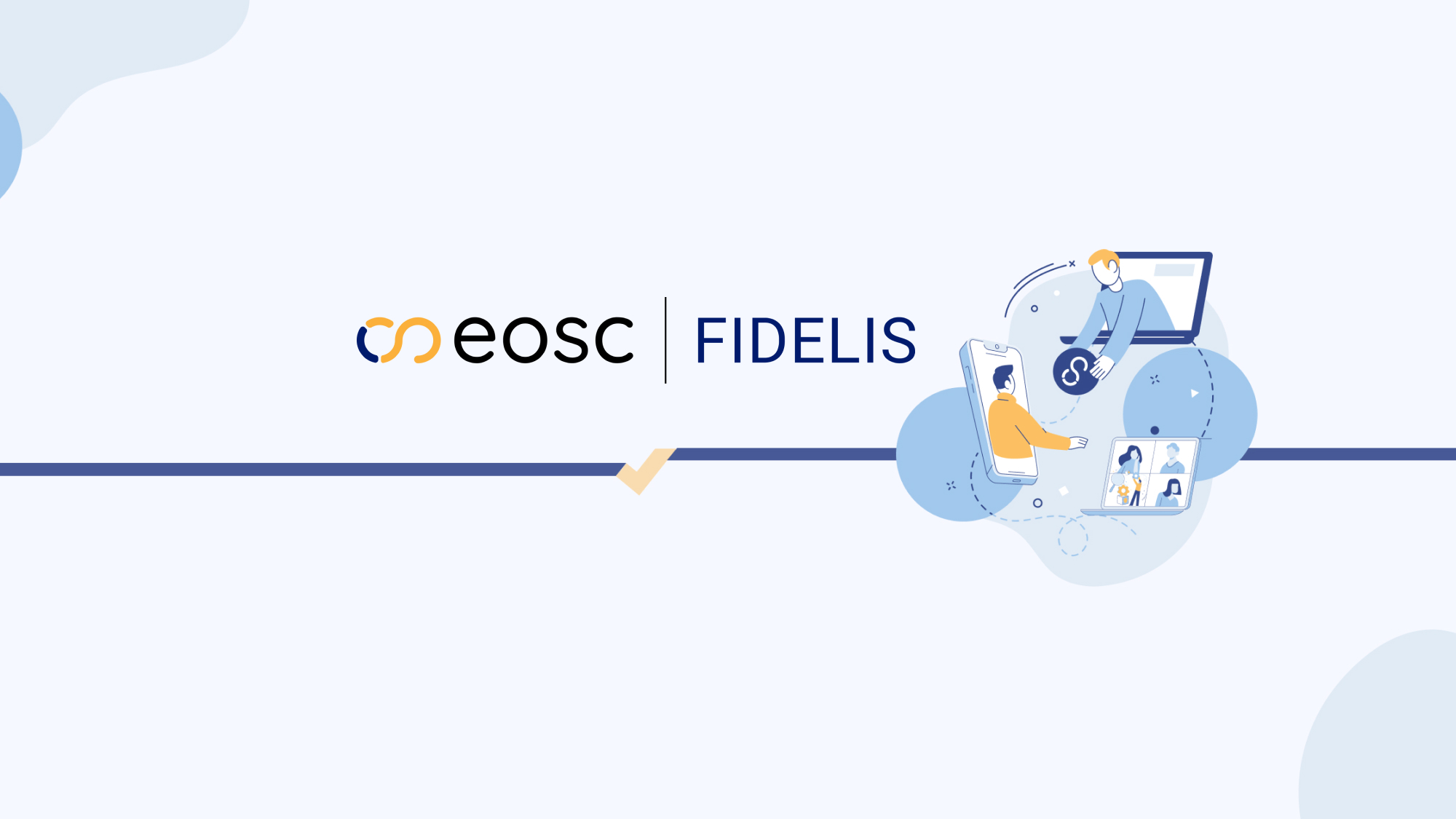The European Open Science Cloud (EOSC) is an ecosystem of research data and related services. EOSC ecosystem encourages scientific communities to play an active role in its development with particular attention to existing standards, infrastructures and supports within each community. Now, in a world where all societal and scientific challenges are intertwined, it is urgent to launch multidisciplinary initiatives and projects so that scientists from different domains can collaborate. In order to carry out multidisciplinary projects, it becomes essential to develop gateways between metadata standards that will allow the matching of data representations designed for different domains. The opening of these gateways is therefore necessary for developing services across the disciplines, which is a key concept in the EOSC interoperability framework and the focus of the FAIR-EASE project.


FAIR-EASE focuses on opening these gateways for the earth and environmental sciences which require a large volume of data from sources such as satellite, in-situ observations, models, and even omics experiments. Earth system domains are interconnected, but the present digital architecture is based essentially on distributed and domain-dependent data repositories inducing real difficulties for integrated uses of all the environmental data. This creates barriers for several studies with large societal impacts, such as climate change, agriculture and food, human safety and health.
To go beyond this state-of-the-art, the overall objective of FAIR-EASE is to customize and operate distributed and integrated services for observation and modeling of the Earth system, environment and biodiversity by improving their different components implemented in close cooperation with user-communities, the European Open Science Cloud (EOSC) and research infrastructures in their design and sustainable availability.
The FAIR-EASE's ambition is to actively take part in the progressive implementation of a “Web of FAIR (Findable, Accessible, Interoperable, Reusable) Data” through the integration and the customization of a set of services scaled up at a higher TRL that will allow scientists and machines to collaborate in storing, processing, finding, accessing and reusing scientific data in an open way.
The FAIR-EASE key impacts pathways will:
- Improve a FAIR-EASE data discovery and data access service, providing a FAIR tool for discovery and access to environmental multidisciplinary and aggregated data-sets
- Set up a FAIR-EASE web-based Earth Analytical Lab, with EOSC connectivity supporting, for remote analysis and processing of heterogeneous data, reducing the time to results and increasing productivity
- Develop a number of multidisciplinary Use Cases to contribute requirements for the FAIR-EASE system components and to validate and demonstrate the capabilities of the FAIR-EASE service for supporting open science.

Want to know more and learn how we can help you with your project?
Fill in the form and get in touch!
